Contents
Guide
A must-read if were serious about enacting positive change from the ground up, in communities, and through human connections and human emotions. Margaret Atwood on Twitter
Saving Us
A Climate Scientists Case for Hope and Healing in a Divided World
Katharine Hayhoe

An Imprint of Simon & Schuster, Inc.
1230 Avenue of the Americas
New York, NY 10020
www.SimonandSchuster.com
Copyright 2021 by Katharine Hayhoe
All rights reserved, including the right to reproduce this book or portions thereof in any form whatsoever. For information, address Atria Books Subsidiary Rights Department, 1230 Avenue of the Americas, New York, NY 10020.
Some names have been changed.
First One Signal Publishers/Atria Books hardcover edition September 2021
 and colophon are trademarks of Simon & Schuster, Inc.
and colophon are trademarks of Simon & Schuster, Inc.
For information about special discounts for bulk purchases, please contact Simon & Schuster Special Sales at 1-866-506-1949 or .
The Simon & Schuster Speakers Bureau can bring authors to your live event. For more information or to book an event, contact the Simon & Schuster Speakers Bureau at 1-866-248-3049 or visit our website at www.simonspeakers.com.
Interior design by Jill Putorti
Jacket design by Laywan Kwan
Author photograph by Ashley Rodgers
Library of Congress Cataloging-in-Publication Data has been applied for.
ISBN 978-1-9821-4383-1
ISBN 978-1-9821-4385-5 (ebook)
To everyone who believes the difficult issues in life are worth talking about
PREFACE
It took a pandemic to bring us together.
As coronavirus swept across the world, we saw country after country go into lockdown. Schools closed and places of work shut down. For a while, it seemed we were all united against a common threat.
As the pandemic wore on, this consensus started to disintegrate.
Political leaders whod been elected on waves of nationalist and populist rhetoric began to depict coronavirus precautions as more damaging to society than the disease itself. Supposedly reputable sources hyped false cures, and deliberately misrepresented the severity of the illness. In the U.S., going without a face mask became a badge of the conservative cause. While some continued to social distance, others held gatherings, some of which turned into superspreader events. The contrast between nations was starkand the difference in infection and death rates equally so.
Sadly, none of this surprised me. Ive spent my career studying climate change. The same techniques used to politicize coronaviruspromoting pseudoscience and fake experts, slandering the actual experts, valuing the economy over human life, even hiding or denying data to make the issue seem less urgent and less harmful than it ishave been applied to climate change for decades. Horrified, Ive seen political biases drive people to reject simple facts: climate is changing, humans are responsible, the impacts are serious, and the time to act is now.
The U.S. is arguably home to the most extreme divisions between liberal and conservative, but Ive seen these same divisions growing in recent years in my home country of Canada, in the U.K., in Australia, in Europe, and beyond. No matter where we live, the result is the same: as people identify with increasingly narrow tribes, they begin to view those with different views as alien, not worth respecting or even treating as human. The Beyond Conflict Institutes 2020 report, Americas Divided Mind, didnt mince any words: Increasingly, Americans who identify themselves as either Democrats or Republicans view one another less as fellow citizens and more as enemies who represent a profound threat to their identities.
During the last full year of Donald Trumps Republican administration, the U.S. experienced the worlds highest death toll from the pandemic. His time in office also coincided with apocalyptic wildfires, record-breaking hurricanes, and dire scientific warnings of climate impacts. Yet in the November 2020 election, Trumps base stuck with him. Democrat Joe Biden eked out a narrow win in key swing states. The country remained as divided as ever.
Religion, politics, and money have long been potentially combustible topics. Today, though, climate change tops that list. Its the most politicized and divisive issue in the U.S. At this point, overcoming the polarization seems nearly hopeless, and solving climate change, even more so. Is there any remedy to our deep-rooted and growing divide?
If youre already worried about climate change and support climate action, youre not alone. Over 50 percent of adults in the U.S. are alarmed or concerned about climate change. People in other countries are even more concernedfrom 67 percent in Australia to over 90 percent in countries like Thailand, the Philippines, and Vietnam. Around the world, there is a strong sense [that all] have the power to combat climate change. In the U.S., seven out of ten say they wish they could do something to fix it; but half of them dont know where to start and only 35 percent say they ever talk about it, even occasionally.
Im a scientist who studies climate change. But increasingly, I spend more and more of my time explaining why it matters: to Christians at church groups and kids at science museums, businesspeople at conferences and community members at neighborhood meetings.
Why? Because after thousands of conversations, Im convinced that the single most important thing that anyonenot just me, but literally anyonecan do to bring people together is, ironically, the very thing we fear most. Talk about it.
Why are people not talking about something that matters to them so much? Even if we agree its real and its serious, talking about it can be discouraging and depressing. Theres too great a risk the conversation might devolve into a screaming match or end up leaving everyone overwhelmed by the enormity of the problem. We want to talk about it; we just dont know how.
How do I talk about this to my mother, brother-in-law, friend, colleague, neighbor, elected official? Im asked this question nearly everywhere I go.
A fellow scientist asks me this after a lecture in a wood-paneled theater at UC-Berkeley in California. In Slovakia, I listen in as a group debates it in the upper balcony of the old, stripped-down city hall at the countrys first national climate meeting. Moms, dads, and teachers post on my Facebook page wanting to know what to say to their kids. My friend texts me asking how to reply to the disinformation his mom just shared with him.
Usually, theyve already given conversation a try. Theyve boned up on a few alarming scientific facts. Theyve tried to explain how fast the Arctic is melting, or how bees are disappearing, or how carbon dioxide levels are rising. But their attempts have fallen flat. Why? Because the biggest challenge we face isnt science denial. Its a combination of tribalism, complacency, and fear. Most dont think climate change is going to affect them personally or that we can do anything reasonable to fix it; and why would they, if we never talk about it?


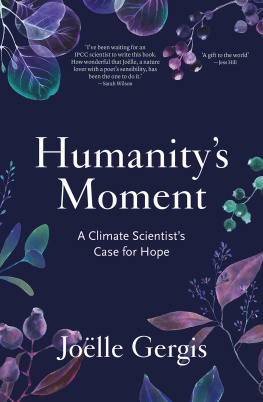
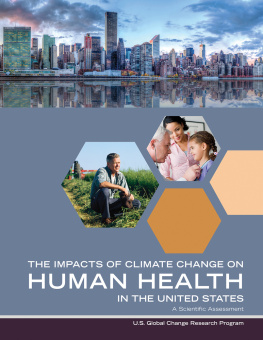

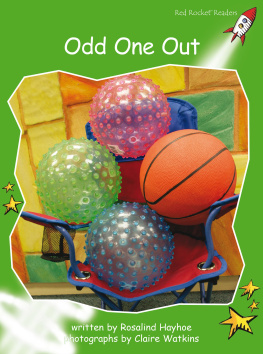
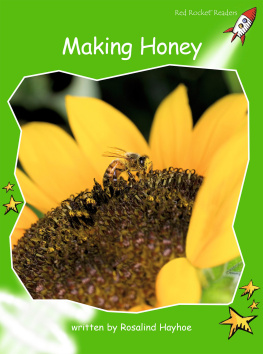
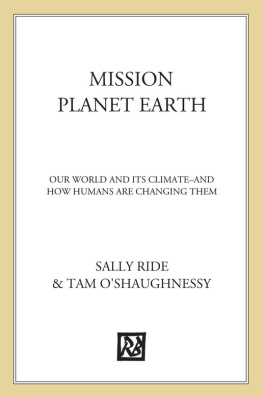
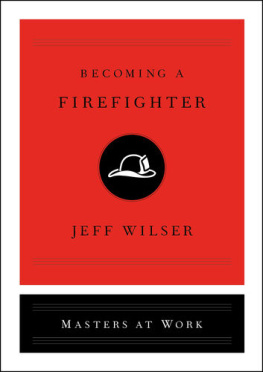
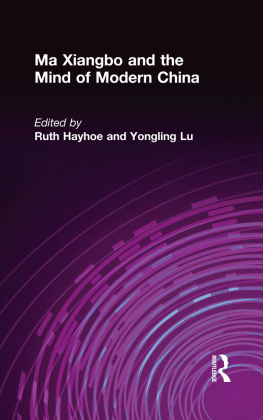
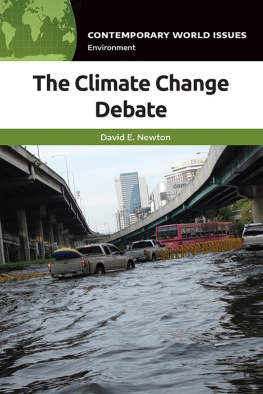
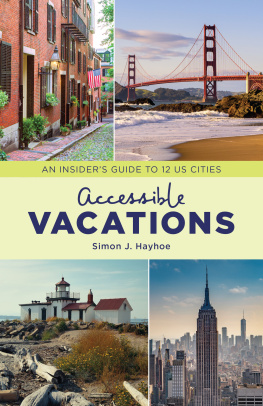
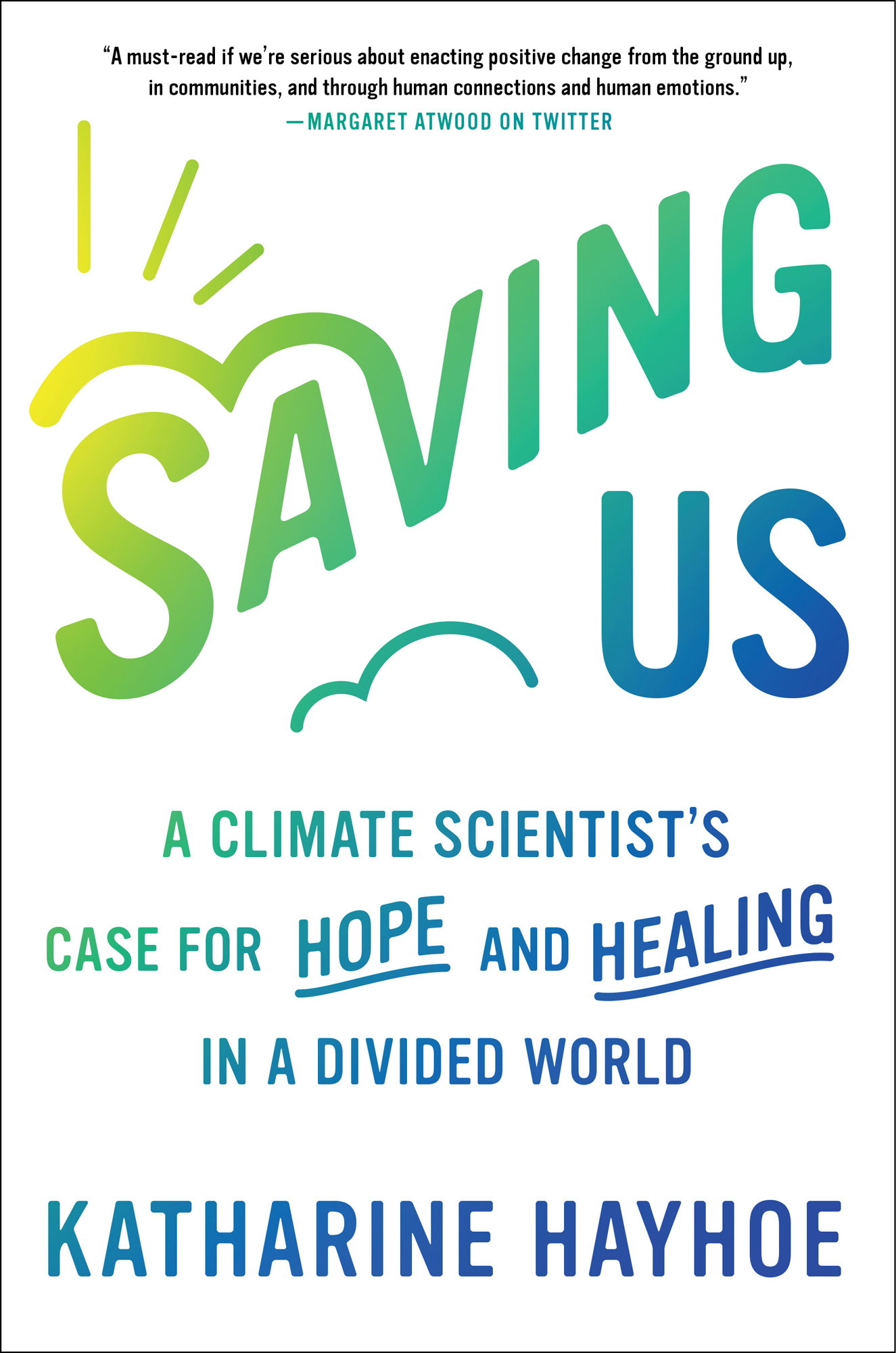


 and colophon are trademarks of Simon & Schuster, Inc.
and colophon are trademarks of Simon & Schuster, Inc.